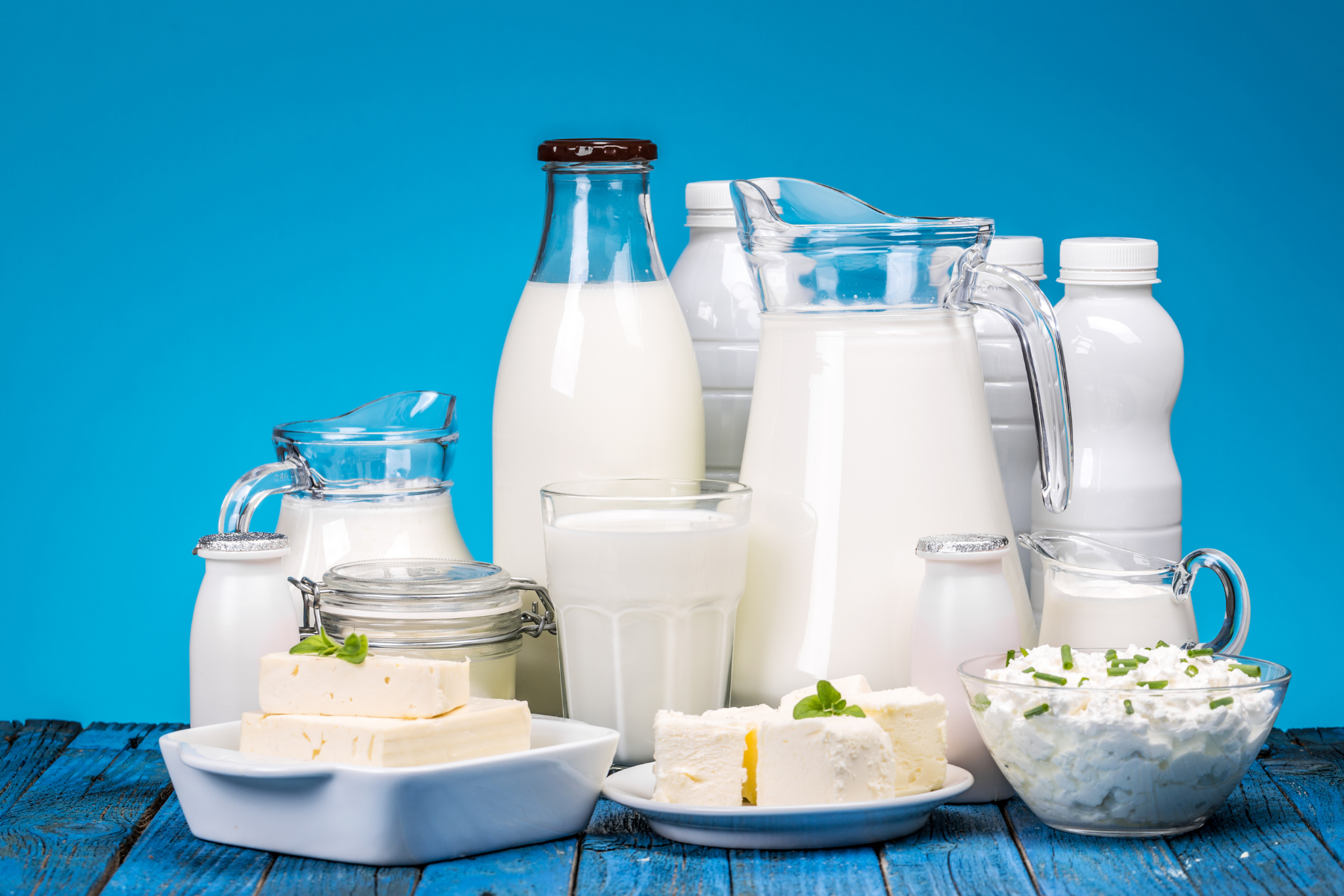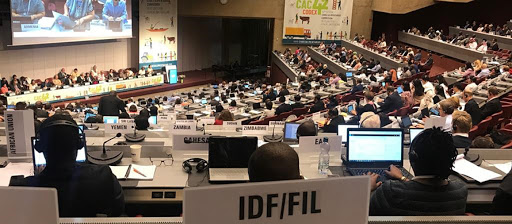On 9 March 2022, the Codex Committee on Food Hygiene completed its 52nd session, the first in a virtual mode. The Committee finalized the tools to Determine the Critical Control Points that will be included as an annex to the General Principles of Food Hygiene to give additional guidance to Food Business Operators. It was agreed that those tools were only examples in addition to others that may be available. The document will be sent for final adoption at Step 5/8 at the next CAC meeting, in November. The Committee also finalized Guidance for The Management of Biological Foodborne Outbreaks.
Two other topics with direct relevance to the dairy sector remain at step 2/3 but discussions have allowed progress. The next version of the draft guidelines for the control of Shiga toxin-producing Escherichia coli (STEC) will include the outcome of the recent JEMRA evaluation. An important point discussed was the fact that not all STEC strains are pathogenic and that priority STEC virulence genes can vary from one country to another, thereby impacting the way STEC is managed, and it would be important to have flexibility in the guidance developed to allow for different management approaches. This document includes its own annex for raw milk and cheeses made from raw milk for which the definitions were revised and are aligned with existing Codex texts.
The draft Guidelines for the use and reuse of water were not discussed in detail but debated some specific issues, such as use the term potable water. CCFH agreed to keep appropriate examples and decision trees and requested FAO/WHO to give concrete recommendations on thresholds and sampling frequencies. While IDF offered its support, no member country was identified yet to lead the drafting of the annex for milk and milk products. IDF will work with its members in order not to delay this work further.
On a proposal from the Global Alliance for Improved Nutrition (GAIN), the CCFH discussed the need for international guidelines on food safety for traditional food markets. Several countries highlighted their interest in this work and willingness to develop a new work proposal to establish such guidelines in collaboration with GAIN.
The next session is planned in person starting 28 November in San Diego, USA, working with electronic Working Groups on STEC and Water reuse in the meantime.













